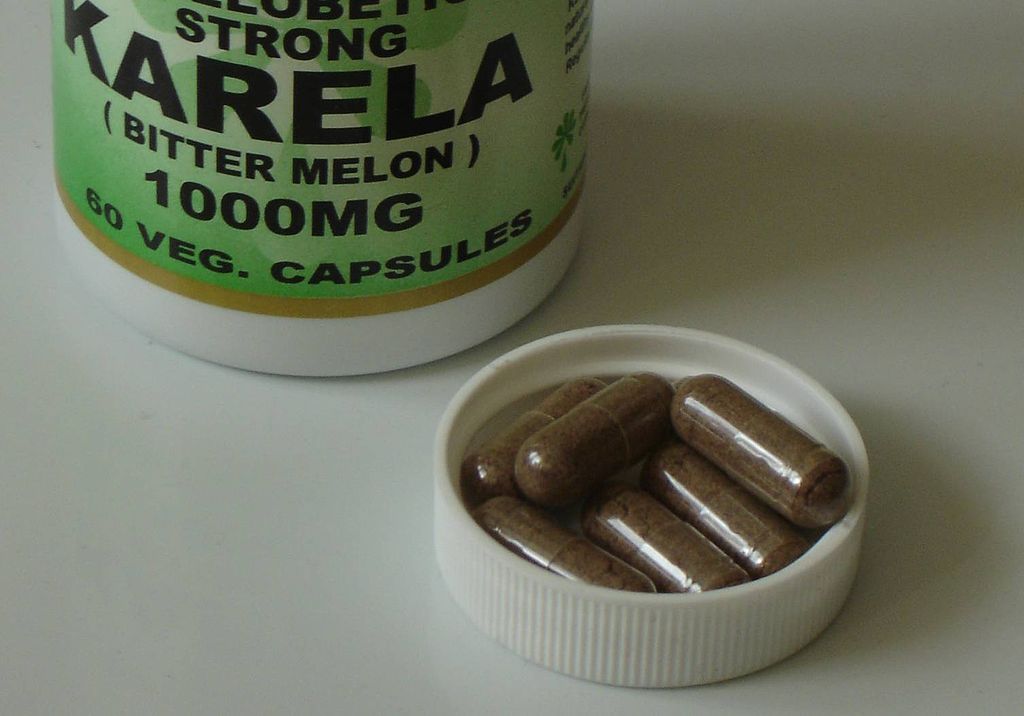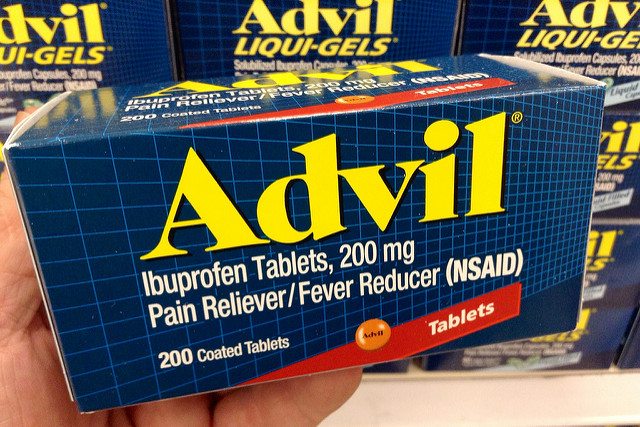
Fake treatments for real diseases: A review of allergy and asthma advertisements by naturopaths, chiropractors, homeopaths and acupuncturists
A majority of Canadian chiropractic, naturopathic, homeopathic and acupuncture clinics claim that they can diagnose or treat allergies, sensitivities and asthma.

Cranberries to prevent urinary tract infections: Another alternative medicine zombie that’s impervious to evidence
How much evidence will it take before the idea of cranberries for urinary tract infections is finally dead and buried?

Drug therapy is still sending too many people to the emergency department
Prescription drugs continue to send thousands to the emergency room every year. Many of these adverse drug events are predictable and avoidable.

What are health professionals telling consumers about dietary supplements?
The popularity of dietary supplements continues to grow. A few weeks ago I described how dietary supplements have become a $34 billion industry, despite the fact that there’s very little evidence to support their use. While there are absolutely some medical circumstances where specific supplements may be warranted, the vast majority of supplements are taken for general purposes, such as “wellness” or...

Supplements: Still popular despite little evidence they’re useful
As healthcare systems struggle to cope with growing and aging populations, there is renewed interest in eliminating wasteful, and possibly harmful, care. The Choosing Wisely campaign suggests that up to 30% of health care services may be unnecessary. Driven by the medical profession itself, Choosing Wisely is challenging both patients and health care providers to have an honest dialogue about the appropriateness...

Natural Health Products: Loosely regulated, little evidence of benefit, and an industry intent on preserving the status quo
This week’s post will revisit a topic I recently covered, but it’s time-sensitive and needs your input. Health Canada, the Canadian equivalent to the US Food and Drugs Administration, is considering revisions to the way in which it regulates dietary supplements, which are called “natural health products” in Canada. It is rare that a regulator acknowledges that a regulatory system isn’t working,...

Another way ibuprofen can kill us?
Do you ever take ibuprofen? Naproxen? Cold medication with an anti-inflammatory ingredient? The non-steroidal anti-inflammatory drugs (NSAIDs) are among our most well-loved medications. We start giving them in infancy, for fever, and continue use through to adulthood for everyday aches and pains. But it’s our later stages of life when we really ramp up the use, and daily consumption becomes common for...

Fixing the supplement market for consumers
When it comes to regulating and selling dietary supplements, should consumer interests be higher priority than those of manufacturers? While regulations are seemingly created to protect consumers, governments around the world have consistently given manufacturers the upper hand, prioritizing a company’s desire to sell a product over a consumer’s right to a marketplace with safe, effective products. Nowhere is this more the...
Oxygen water? You can’t breathe through your stomach
My exercise of choice is running. Despite the heat I’ve been having a great summer, training for the Chicago marathon. I’ve followed the training schedule fanatically since June. But it all came crashing down in one run last week when I moved from the ranks of “marathoner in training” to “injured runner”. With the sudden onset of very sharp, radiating back pain,...
Do pill organizers help or hurt?
In order for medication to work, getting a prescription filled isn’t enough. You have to actually take the medication. And that’s where you (the patient) come in. Estimates vary based on the population and the medication, but a reasonable assumption is that 50% of people given a prescription don’t take their medication as prescribed. In pharmacy terminology we usually call this medication...

